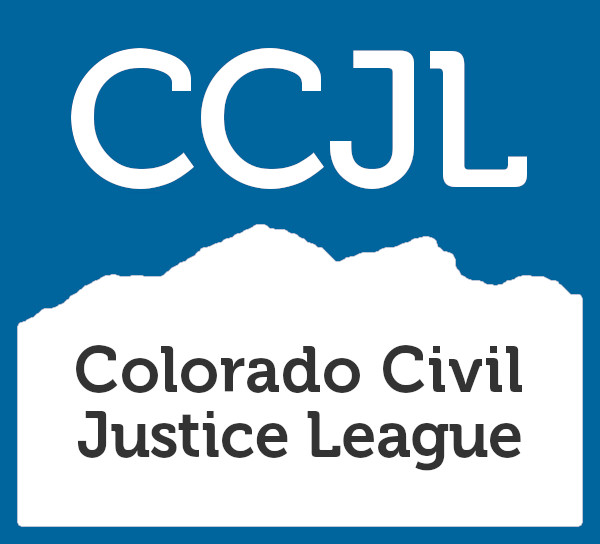Published at ColoradoPolitics.com.
On Feb. 7, a Colorado Senate committee heard heart-rending testimony from people who suffered sexual abuse beginning as minors at the hands of a trusted adult. These witnesses asked lawmakers to pass SCR 1, offering voters an amendment to the Colorado constitution to allow retrospective lawsuit legislation.
Simply put, it would allow government to change the rules many years after the fact – not to put an abuser in jail but to file a lawsuit though almost never against the actual abuser.
Anyone hearing the horribly scarring experiences of these victims feels a very human desire to punish anyone responsible. But we must first recognize the difference between prosecuting the actual predator and filing a civil lawsuit.
The ultimate form of accountability is to put predators in prison where they cannot prey on other children. Currently, there is no limit on criminal charges for any sex offense against a child that occurred prior to 1996. So, for anyone born after 1981 (now age 42 or younger), the ability to press charges against a child predator remains, although proving those charges many years after the fact and “beyond a reasonable doubt” (the standard for a criminal conviction) can be daunting.
The standard for a civil lawsuit is much lower, “a preponderance of evidence” or more than 50% likely to be true. That shifts the legal burden in favor of the victim but creates genuine issues of fairness for the accused defendant.
However, the defendant in a civil lawsuit is almost never the person who committed the sexual abuse. That’s because the perpetrator, if not in jail or deceased, is usually “judgment proof” – i.e., has little income or assets. A plaintiff’s lawyer will almost never file a lawsuit against a child predator who cannot possibly pay up.
Instead, civil lawsuits are brought against institutions that employed or supervised the perpetrator and do have enough resources to pay the monetary damages a jury might award. Civil defendants are likely to be schools, municipalities that offer youth activities, organizations like Boy Scouts of America and churches. Sometimes these institutions were indeed negligent.
In 2021, the legislature entirely eliminated any time limit to bring a lawsuit for childhood sexual abuse after Jan. 1, 2022. That bill also eliminated the statute of limitation for existing claims. Because state law allowed these lawsuits to be filed six years after the victim reached age 18, there is now no statute of limitations for childhood sexual abuse claims by any victim born after Jan. 1, 1998.
But just as it’s difficult to prove a criminal case from 20 years ago, it can be virtually impossible for a defendant employer to find records showing how the accused person was supervised 20 years ago.
One defense attorney told the Senate committee, “I’ve addressed claims from the 1940s.” Witnesses are dead, and all the documents and evidence are long gone. The people in charge back then are no longer around or even alive.
After legislators passed a retrospective 2021 bill to allow lawsuits for abuse back to 1960, public schools were often targets. But even if administrators, teachers or coaches were at fault back then, they are long gone today. If a lawsuit for heinous conduct in 1960 or even 1980 is successful, the punishment won’t be meted out against the people at fault. Instead, the school ordered to pay, say, $10 million in damages would have no choice but to take that money from classrooms serving students today because you can’t buy insurance for 40-year-old claims.
Is that truly justice?
That’s why just last year the Colorado Supreme Court ruled unanimously that retrospective legislation creating new liability for past actions is prohibited by the Colorado Constitution. The court’s role as a “truth seeker” requires adversaries to each produce their best evidence to prove their case. However, truth cannot be found if a claim is so old one party has no evidence to defend itself.
SCR 1 also likely fails two other constitutional tests – due process and takings. Legislators should recognize these infirmities and not make more political promises that won’t stand up in court.
Bill sponsors want to protect kids. In fact, current law does protect today’s kids by allowing criminal and civil actions without limitation reaching back 10 years or more.
While SCR 1 seeks to right past wrongs, it does so through selective litigation that doesn’t target sexual predators but instead targets schools and institutions for wrongs committed by people who are no longer around to suffer the consequences.
